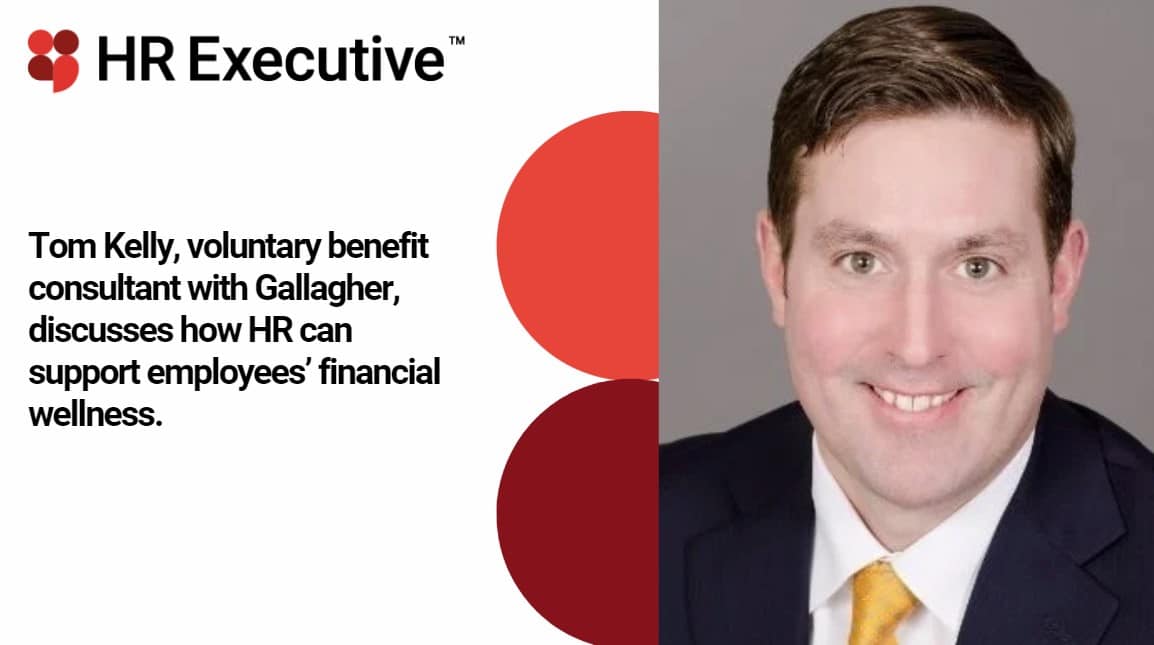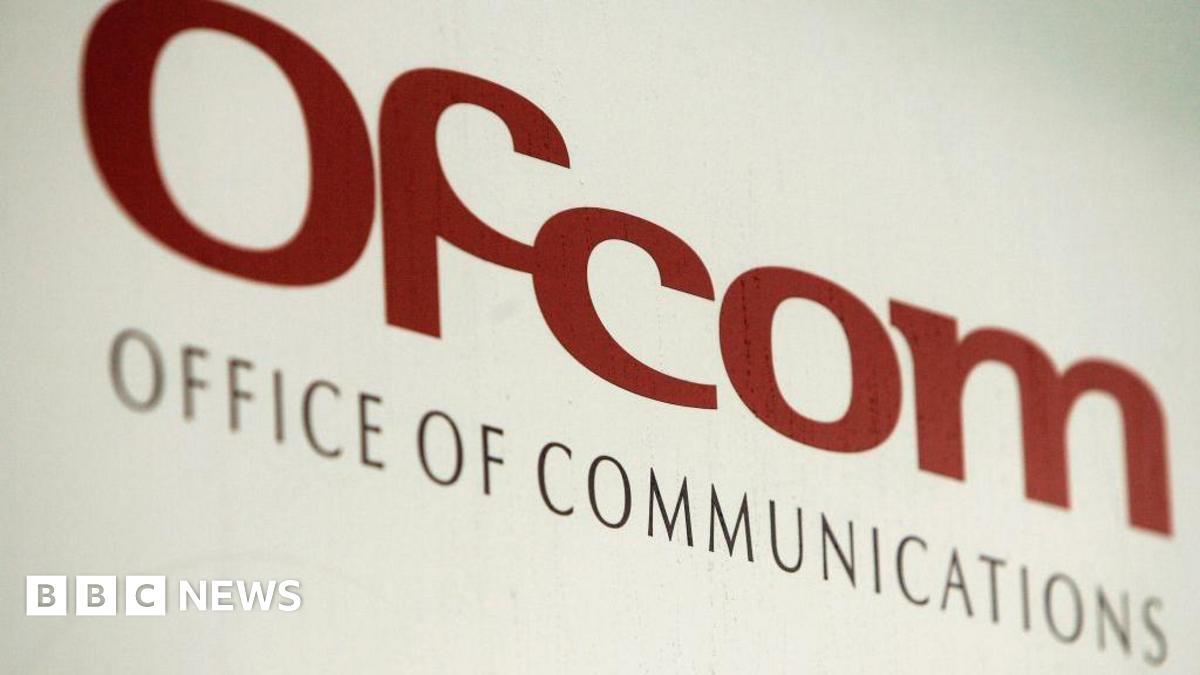Good morning. CVS Health has abruptly appointed a new CEO as its stock performance has sagged amid a rise in medical costs. The company, No. 6 on the Fortune 500, announced on Friday that Karen Lynch, CEO since February 2021, stepped down in agreement with the company’s board of directors. David Joyner was promoted to president and CEO, effective Oct. 17. Joyner was most recently EVP of CVS Health and president of CVS Caremark.
Headquartered in Woonsocket, R.I., CVS owns the country’s largest pharmacy chain with more than 9,000 stores. By late 2022, Lynch helped lift CVS’s share price from $70 to roughly $110, and investors were onboard with her new strategy: Making CVS a one-stop shop for basic care, Fortune’s Shawn Tully reports. And for preventative care, CVS planned to store tons of data on the patients’ condition at its Aetna insurance unit.
Lynch’s vision was to address the expensive, largely consumer-unfriendly health care system. “But Lynch couldn’t fully deliver on the paradigm that’s already starting to upend the current regime,” Tully writes in a new article.
CVS’s stock price has dropped by more than 20% this year amid Medicare challenges within Aetna as medical costs increased, and on top of that, there was potential activist investor action.
“We are not surprised by the management change given the execution shortfalls at CVS, especially at the Aetna medical insurer that Lynch previously led,” Julie Utterback, a senior equity analyst for Morningstar, published in a note on Friday.
As the new CEO at CVS, Joyner’s strategic partner will be CFO Tom Cowhey, who was promoted to the role in January after serving as interim CFO. Cowhey, formerly the SVP of corporate finance, joined CVS in February 2022.
CVS is pursuing a multiyear opportunity to deliver $2 billion in savings, and that will involve cutting less than 1% of its workforce, or around 2,900 workers, and investing in technologies. Cowhey said on CVS’s Q2 earnings call that in 2025, the company expects savings from this initiative to drive at least $500 million of adjusted operating earnings.
I asked Utterback the top issues Cowhey and Joyner will need to address to improve the company. Since most of the recent guidance shortfalls are related to the Aetna medical insurance operations, better controls on that business in particular are needed regarding underwriting risk and forecasting medical costs in key end markets, like Medicare Advantage, she explained.
“Also, in hindsight, CVS’s approach to guidance this year was too aggressive, and cutting goals every quarter definitely does not inspire confidence in investors,” Utterback said. “Going forward, investors would like to see signs that the CVS leadership team has their arms around the risks and opportunities that the entire business faces and realistic targets the company can meet or exceed,” she said.
CVS also reported in the announcement on Friday weaker-than-anticipated third-quarter results. The company provided preliminary adjusted EPS estimates of $1.05-$1.10 or below FactSet consensus of $1.69. And, its medical loss ratio spiked substantially and the guidance it had previously provided, including EPS of $6.40-$6.60 in 2024 and double-digit earnings growth for 2025, should not be relied on any longer, according to Morningstar.
Sheryl Estrada
sheryl.estrada@fortune.com
The following sections of CFO Daily were curated by Greg McKenna
Leaderboard
Mary Meixelsperger will retire as CFO of vehicle service chain Valvoline (NYSE: VVV), continuing in the role until a successor is named, the company said. Meixelsperger joined the company in 2016, just prior to its IPO and spin-off from Ashland Global Holdings. She previously served as CFO of shoe store giant DSW, now known as Designer Brands. She is a board member at footwear retailer Genesco and the Cincinnati branch of The Federal Reserve Bank of Cleveland.
Jan De Raeymaeker was appointed CFO of British budget airline easyJet (LSE: EZJ) , effective Jan. 20. He will succeed current CFO Kenton Jarvis, who is being promoted to CEO. De Raeymaeker is currently the CFO of Lineas, Europe’s largest private rail freight operator. He previously served in the same role at Brussels AIrlines and has also held management positions at Arthur D. Little and De Valck Consultants.
Big deal
Energy CFOs are generally confident in the state of the sector heading into 2025, according to a recent report from Grant Thornton. The firm surveyed 161 finance chiefs, 56% of whom said global and domestic economic conditions bode well for the energy industry over the next six months.
“One reason for optimism is the fact that oil and gas prices remain above historical levels,” said Bryan Benoit, the firm’s principal and global head of energy and natural resources, “while hydrocarbon demand continues to increase as renewable production is not accelerating fast enough to meet the rising demand for energy.”
Nonetheless, many finance chiefs are eager to improve operational efficiency, with 40% identifying it as their the top business challenge in the second half of this year. They may turn to mergers and acquisitions to do so, with 51% saying there is a moderate probability that their company will participate in at least one deal over the next 12 months.
Going deeper
The Netherlands continues to have the best income system for retirees, according to Mercer’s annual Global Pension Index. The firm rated programs based on three categories—adequacy, sustainability, and integrity—with Iceland, Denmark, and Israel the only other countries earning an overall grade of “A.” The U.S. received a C+.
Overheard
“Long lasting relationships are built on trust and that is true of our money habits. I’ve seen couples go years without realizing their financial behavior was a negative for their spouse or partner. The sooner you can uncover those potential surprises, the better.”
—Tom Thiegs, senior leadership and legacy consultant at Ascent Private Capital Management of U.S. Bank, told Fortune’s Alicia Adamczyk about how the increasing average marriage age in the U.S. has altered dynamics for household finances.
Credit: Source link











